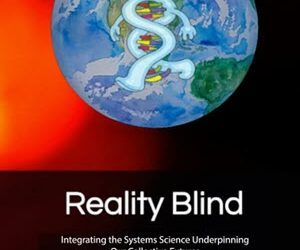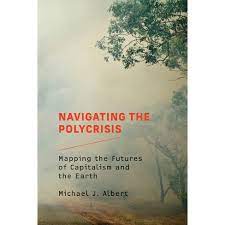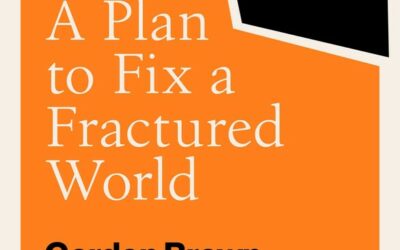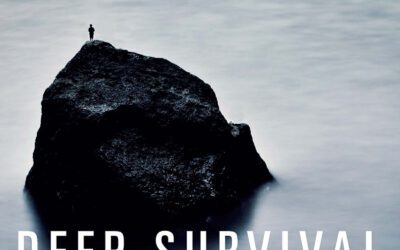by Nate Hagens Reductionism is quite useful, but both dangerous
and insufficient. A science-based worldview which looks at all the
puzzle pieces at once can make sense of things. The important
knowledge now resides between the disciplines.
Noam Chomsky and Andrea Moro on the limits of our comprehension
“The sudden awareness of something that calls for an explanation, once the fog of habit has lifted, seems to be the real stuff revolutions’ sparkles are made of.”
Navigating the Polycrisis
By Michael J. Albert…A much-needed work of global futures studies, Navigating the Polycrisis brings the rigor of the natural and social sciences together with speculative imagination in order to illuminate and shape our global future.
Permacrisis
By Gordon Brown, et al in Permacrisis….The longer a problem goes unresolved, the worse it will get; that’s what happens in a permacrisis – and that’s why we must act now.
Spaces for Growth: Learning our Way out of a Crisis
By Graham Leicester and Maureen O'Hara In normal times we tend to go about our lives oblivious to the structures, institutions, processes and shared values that shape our behaviours. In powerful times like ours, deep structures of love, power and justice are brought...
Deep Survival: Who lives, who dies, and why
Laurence Gonzales’s bestselling Deep Survival has helped save lives from the deepest wildernesses, just as it has improved readers’ everyday lives. Its mix of adventure narrative, survival science, and practical advice has inspired everyone from business leaders to military officers, educators, and psychiatric professionals on how to take control of stress, learn to assess risk, and make better decisions under pressure.
More in this category
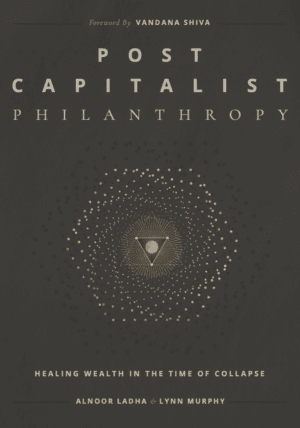
Post Capitalist Philanthropy: Healing wealth in the time of collapse
Post Capitalist Philanthropy takes us on a journey from the history of wealth accumulation to the current logic of late-stage capitalism to the lived possibilities for other ways of knowing, sensing and being that can usher in life-centric models.
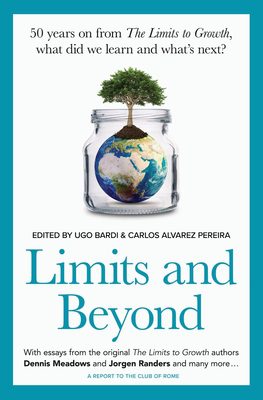
Limits and Beyond
Edited by Ugo Bardi & Carlos Alvarez Pereira
In 1972, a book changed the world.
The Club of Rome commissioned a report that shifted how we see what humans are doing to the planet. Looking back five decades later, what happened next, what did we do and not do, what did we learn, and what happens now?

The Upside of Down: Catastrophe, Creativity, and the Renewal of Civilization
By Thomas Homer-Dixon The Upside of Down by Thomas Homer-Dixon takes the reader on a mind-stretching tour of societies' management, or mismanagement, of disasters over time. From the demise of ancient Rome to contemporary climate change, this book analyzes what...

The Uninhabitable Earth
This book is filled with accessible prose & technical science and woven together by storytelling that gives human context to its central question: “What if climate change is worse than we think?” As someone who consumes climate information in bite-sized pieces, it...

Falter: Has the Human Game Begun to Play Itself Out?
By Bill McKibben Falter tells the story of these converging trends and of the ideological fervor that keeps us from bringing them under control. And then, drawing on McKibben's experience in building 350.org, the first truly global citizens movement to combat climate...

Surviving the Future: Culture, Carnival and Capital in the Aftermath of the Market Economy
By David Fleming Surviving the Future is a story drawn from the fertile ground of the late David Fleming’s extraordinary Lean Logic: A Dictionary for the Future and How to Survive It. That hardback consists of four hundred and four interlinked dictionary entries,...


